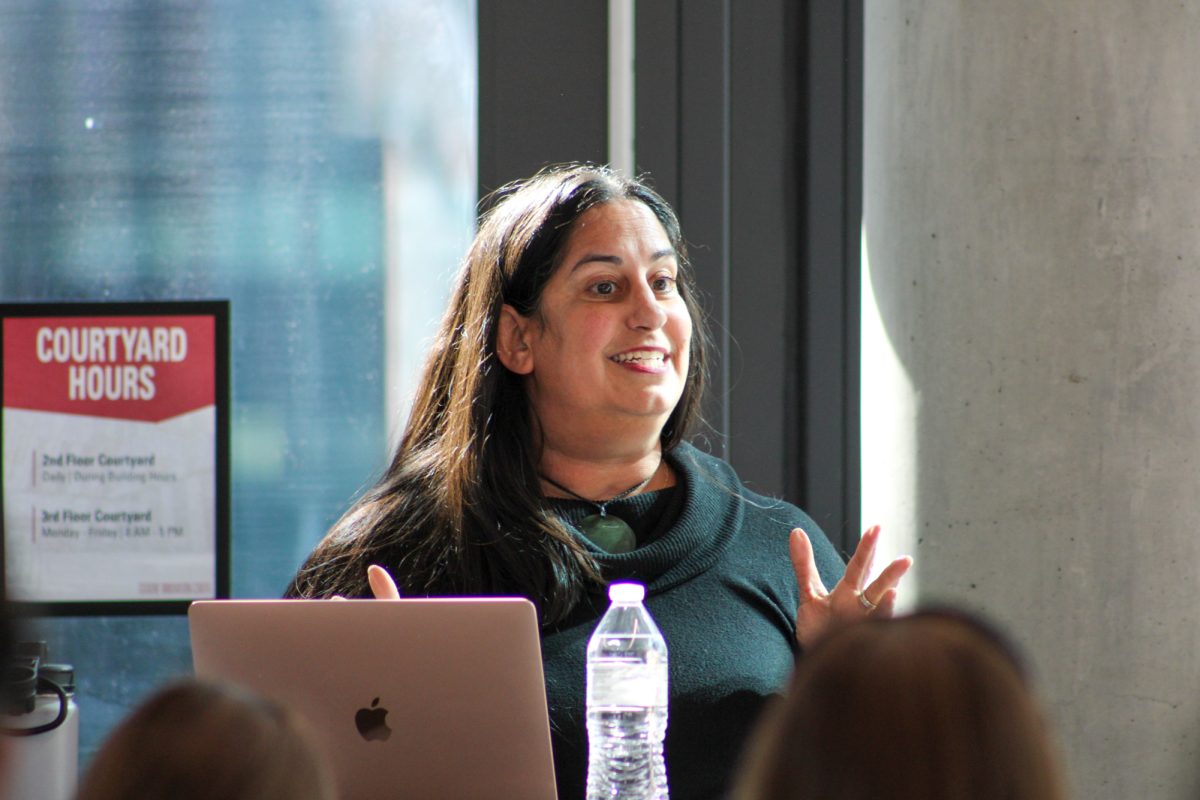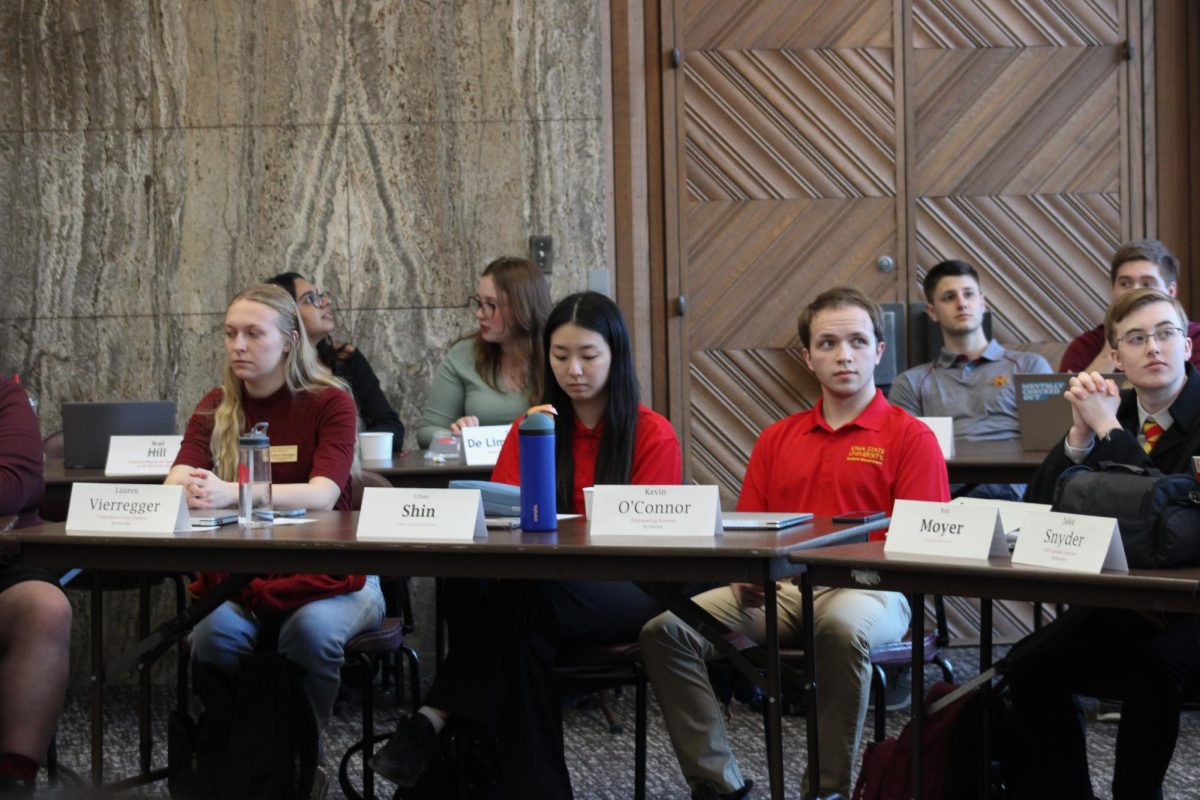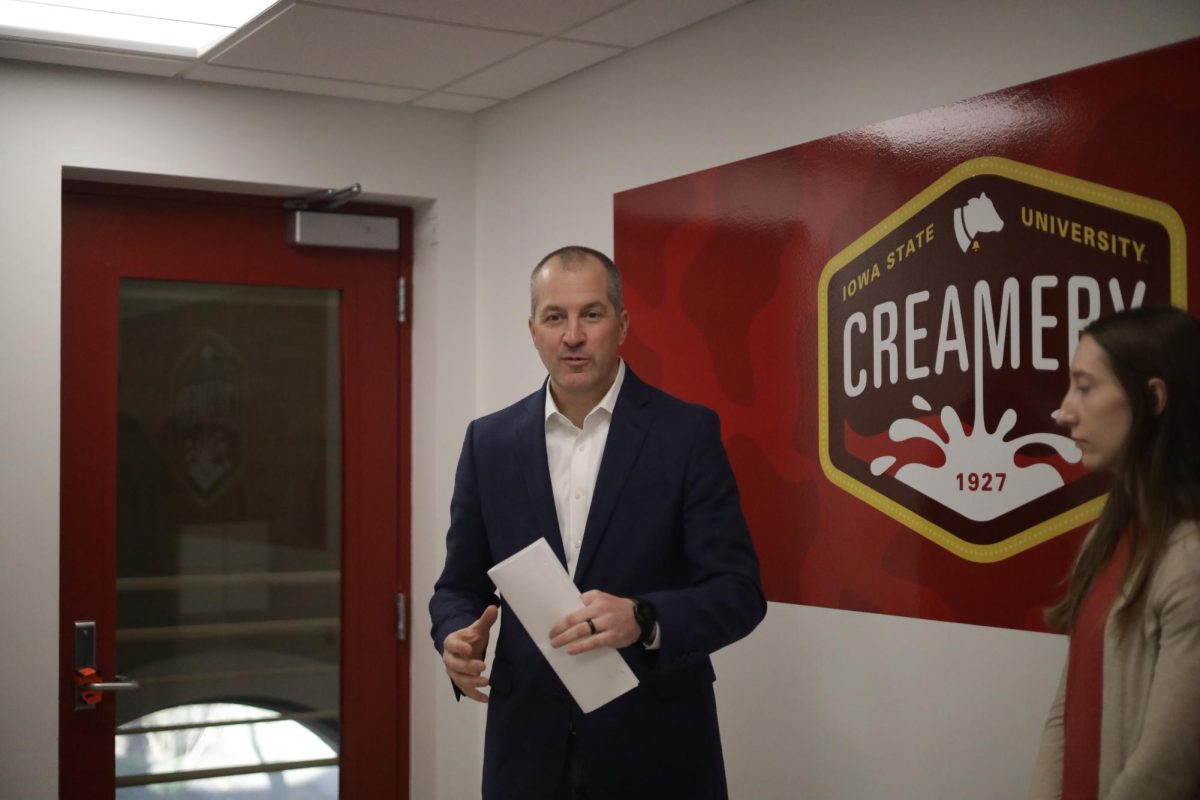Prosecutors: McKinnon to face no UK charges over U.S. hacking
December 14, 2012
LONDON — Computer hacker Gary McKinnon will face no charges in the United Kingdom over what the U.S. government says is the biggest military computer hacking of all time, British prosecutors said Friday.
The Crown Prosecution Service announcement follows a decision two months ago by Home Secretary Theresa May to block his extradition to the United States to face trial on health grounds.
She said then that UK prosecutors must decide if a new criminal case should be opened in England.
The prosecution service and London’s Metropolitan Police said in a joint statement that their decision not to do so reflected the difficulty of trying the case in Britain when most of the evidence and witnesses are in the United States.
“The prospects of a conviction against Mr. McKinnon, which reflects the full extent of his alleged criminality, are not high,” the statement said.
UK authorities believe the United States is the appropriate place for the case to be tried, it said.
McKinnon fought a decade-long battle against extradition before May’s move to block it in October because of his health.
The 46-year-old has Asperger syndrome and depressive illness, as well as schizophrenia and other mental health issues.
He has admitted breaking into computers at NASA and the Pentagon, but says he did so to find out if the U.S. government was covering up the existence of UFOs.
The U.S. government says McKinnon accessed 97 computers from his home in London for a year starting in March 2001, costing the government about $1 million.
He is accused of breaking into military, NASA and civilian networks, and accessing computers at the Pentagon; Fort Benning, Georgia; Fort Meade, Maryland; the Earle Naval Weapons Station in Colts Neck, New Jersey; and the Johnson Space Center in Houston, among others.
In one case, McKinnon allegedly crashed computers belonging to the Military District of Washington.






